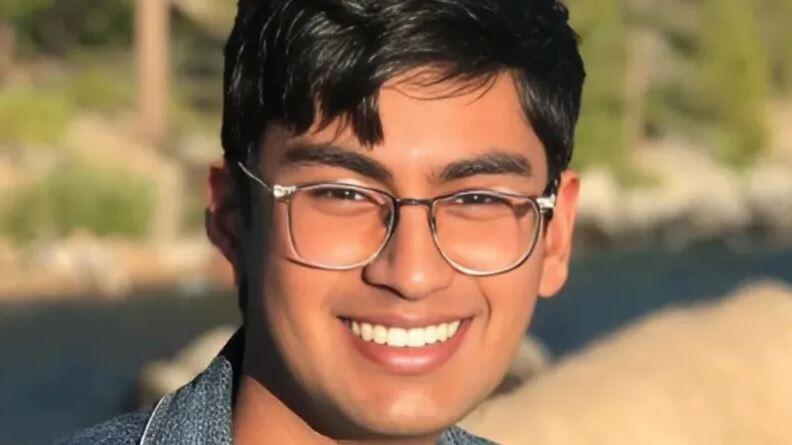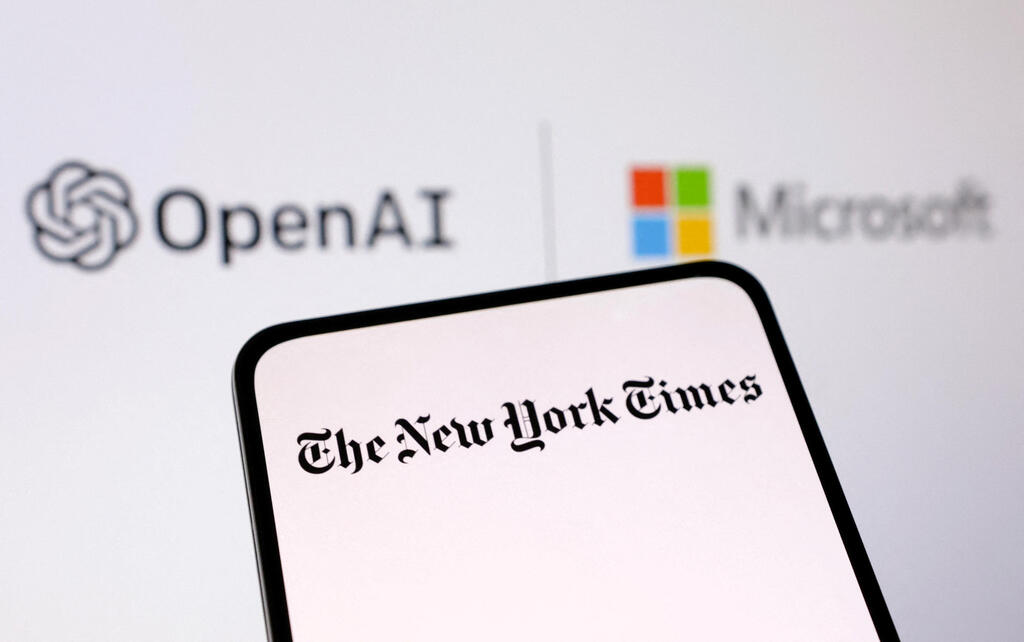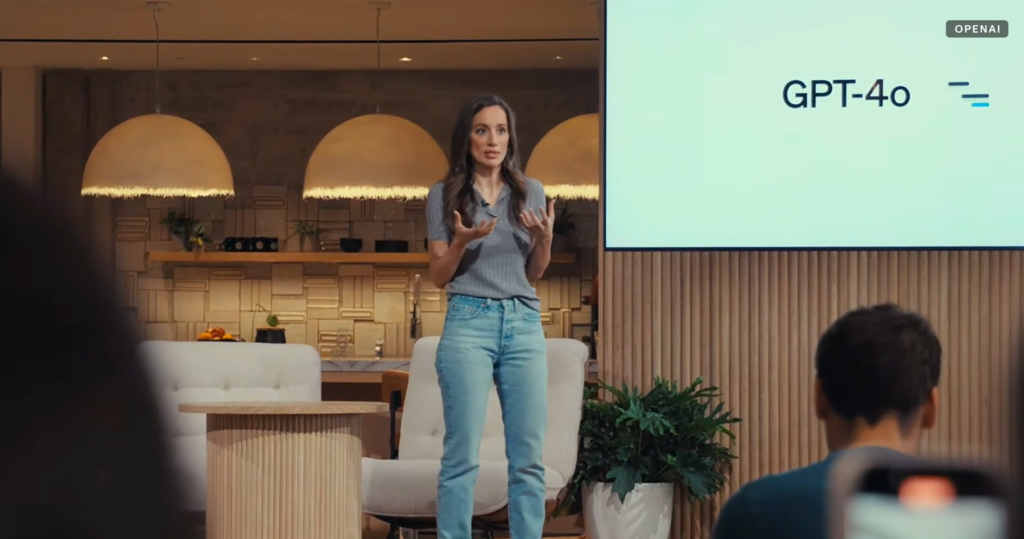Getting your Trinity Audio player ready...
U.S. authorities have confirmed the recent death of Suchir Balaji, a former OpenAI researcher who publicly criticized the company and was involved in a high-profile copyright lawsuit against it. Balaji, 26, was found dead in his San Francisco apartment on November 26, after police responded to a call at 1:00 PM. The San Francisco Police Department and the County Coroner’s Office ruled the death as suicide, stating there was "no suspicion of foul play."
Balaji was a key figure in a lawsuit filed by major media organizations, led by The New York Times, against OpenAI. He was one of around 12 witnesses, most of whom were current or former OpenAI employees, summoned to testify in court. Just two weeks before his death, The New York Times’ legal team submitted a federal court document asserting that Balaji held "unique and highly relevant documents central to the case."
His death comes three months after he publicly accused OpenAI of breaching U.S. copyright laws during the development of ChatGPT, the generative AI chatbot that has become a global phenomenon, serving hundreds of millions of users in just two years.
Did OpenAI violate copyright laws?
The launch of ChatGPT in late 2022 was not without controversy, sparking a wave of ongoing lawsuits. Writers, journalists, media organizations, and developers accused OpenAI of unlawfully using copyrighted materials to train its models, allegedly inflating its valuation to over $150 billion.
In an interview with The New York Times last October, Balaji expressed concerns about OpenAI’s practices, claiming they harmed businesses and entrepreneurs whose data was used to train ChatGPT. "When you believe in what I believe in, you simply have to leave the company," he said. "This is not a sustainable model for the entire internet ecosystem."
Balaji, who grew up in Cupertino and studied computer science at Berkeley, initially supported AI’s transformative potential, envisioning its ability to cure diseases and reverse aging. "I thought we could create a scientist to help solve these problems," he told The New York Times.
However, his perspective shifted in 2022, two years after joining OpenAI, when he was tasked with gathering internet data to train GPT-4. He later expressed concerns that the task exceeded the boundaries of "fair use" laws in the U.S. "It went beyond what was legally permissible," he said in an interview.
Following the interview, Balaji took to the social platform X (formerly Twitter) and shared his thoughts: "I worked at OpenAI for nearly four years, and for the last 1.5 years, I worked on ChatGPT. Initially, I didn’t know much about copyright laws or fair use, but I became interested after seeing all the lawsuits against generative AI companies.
"As I dove deeper, I concluded that ‘fair use’ looks like a fragile defense for many generative AI products, especially since they can create substitutes that directly compete with the datasets they were trained on. Of course, I’m no lawyer, but I feel it’s important for non-lawyers to understand the law—not just its text, but also the reasoning behind it."
"Copying content and undermining business models"
Generative AI systems like ChatGPT operate by analyzing massive datasets scraped from the internet, using this information to generate user-driven outputs such as text, images, or videos.
The release of ChatGPT accelerated the AI industry, prompting major tech companies to scramble to develop competing AI technologies, products, and features. Over the past year, OpenAI’s valuation has nearly doubled.
Get the Ynetnews app on your smartphone: Google Play: https://bit.ly/4eJ37pE | Apple App Store: https://bit.ly/3ZL7iNv
Meanwhile, media organizations have alleged that OpenAI, along with its business partner Microsoft (also a defendant in the New York Times lawsuit), copied content and damaged their business models. "They simply take the hard work of journalists, editors, and media professionals and use it—without regard for the efforts or legal rights of those who create the news that local communities rely on," one lawsuit claimed.
OpenAI has denied these accusations, maintaining that its operations comply with "fair use" standards. "We see tremendous potential in tools like ChatGPT to deepen the connection between readers and publishers and to enhance the news consumption experience," the company stated in response to the lawsuit.




